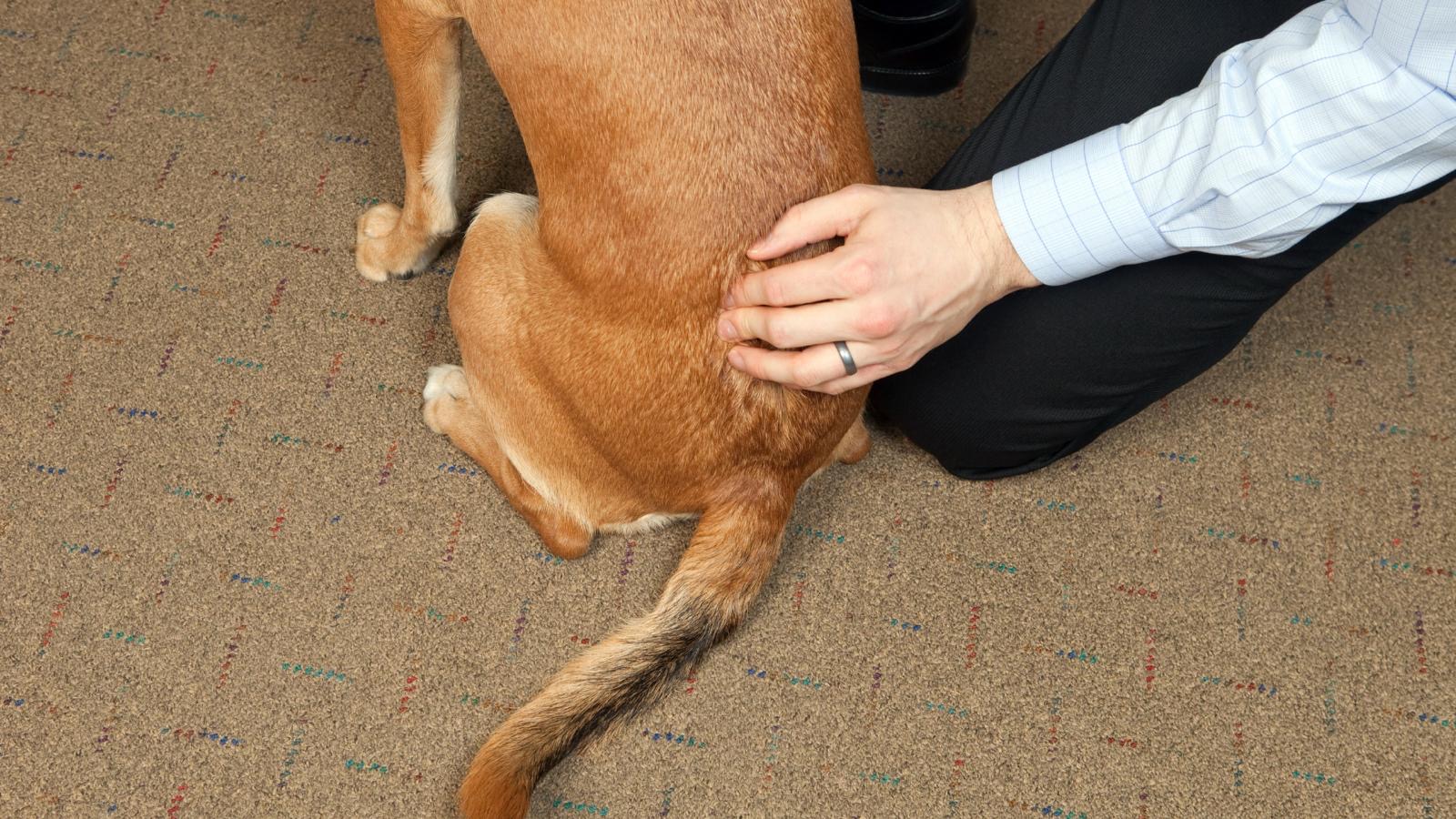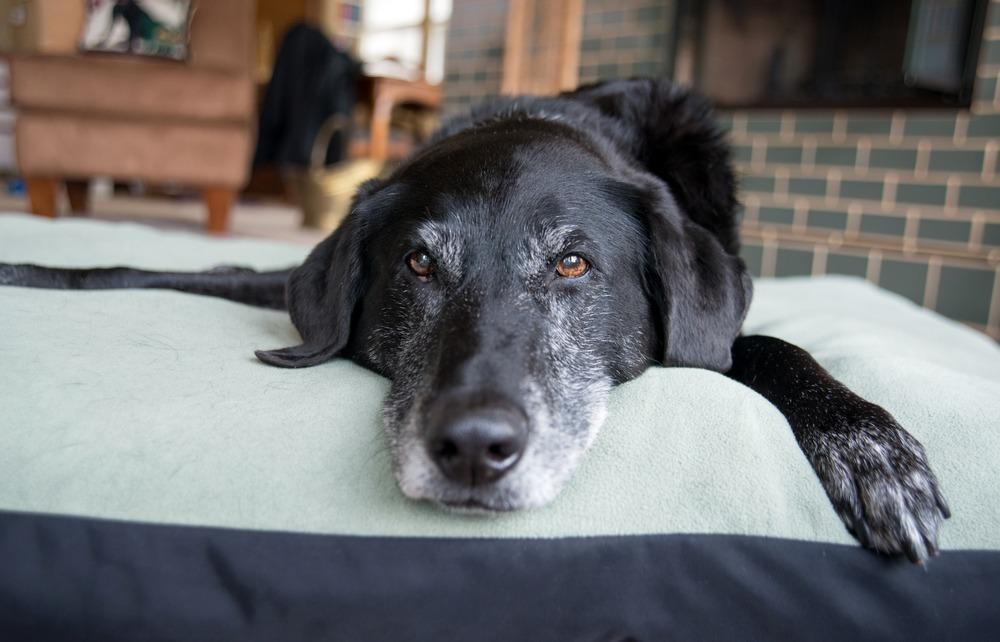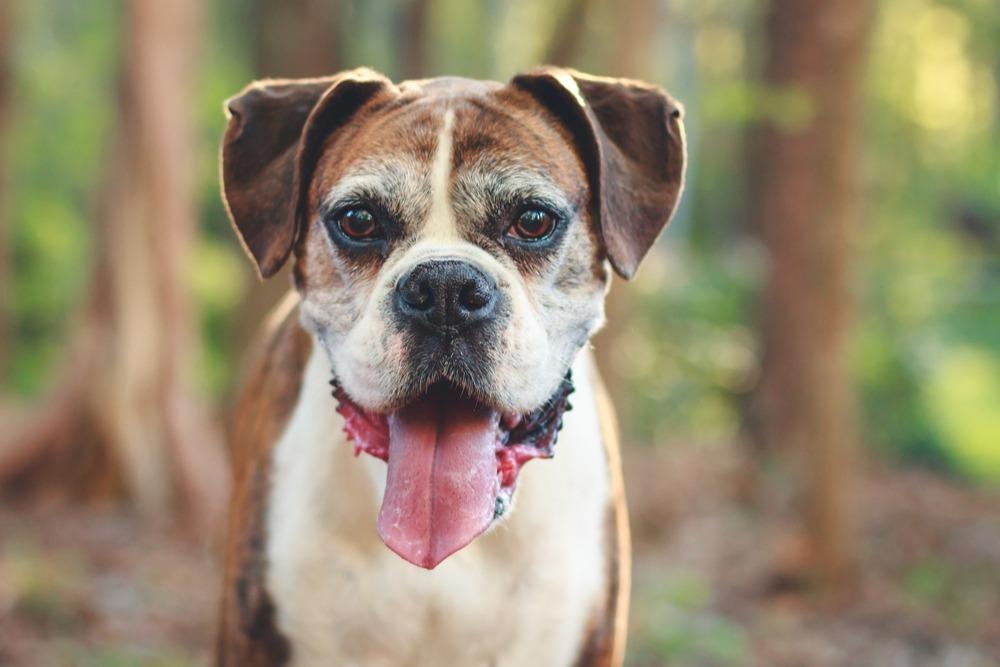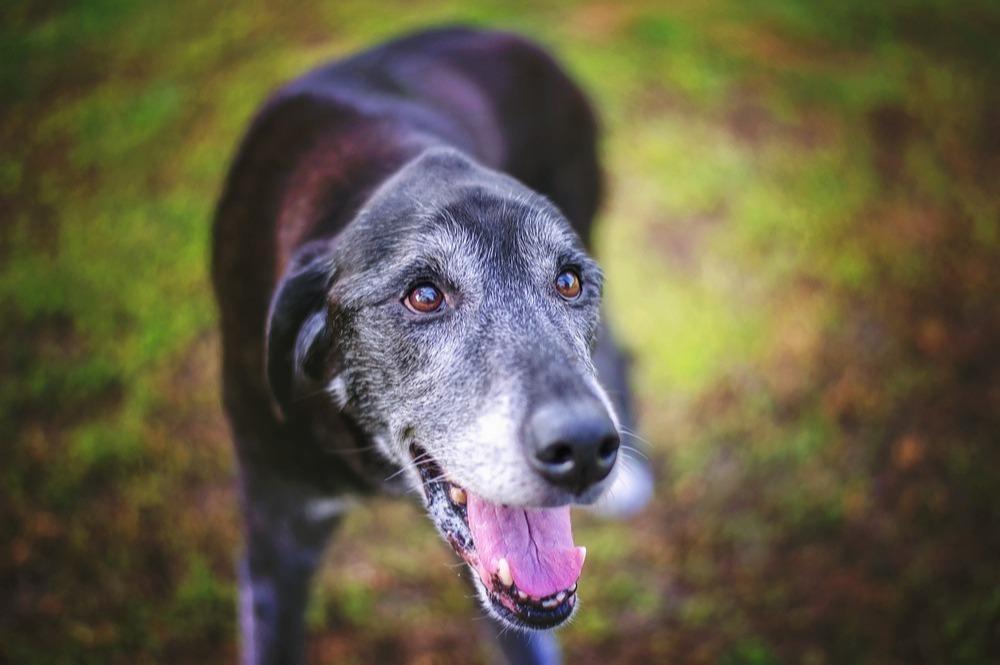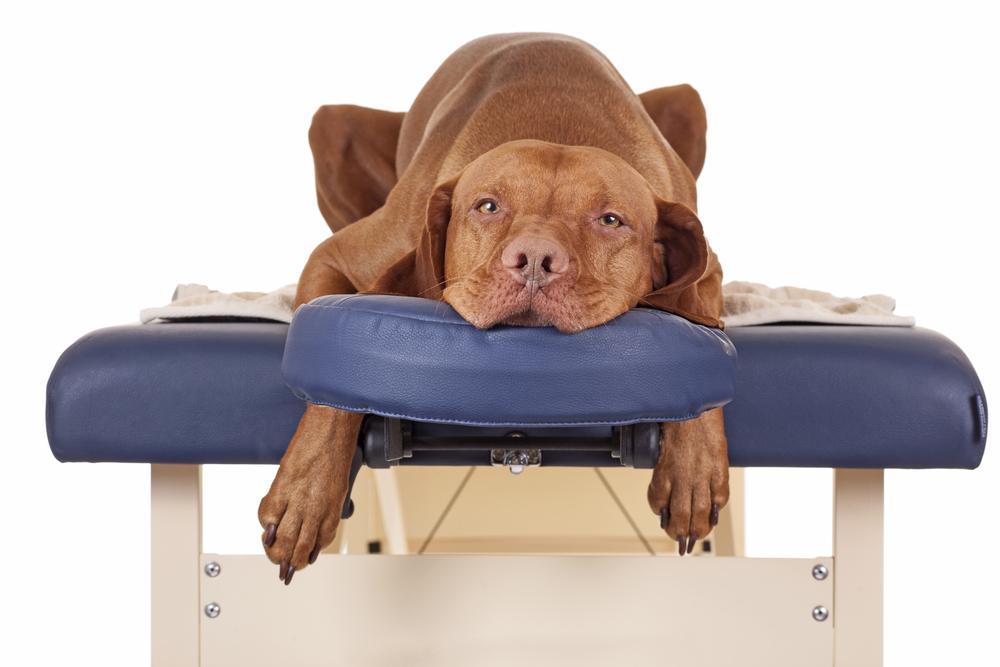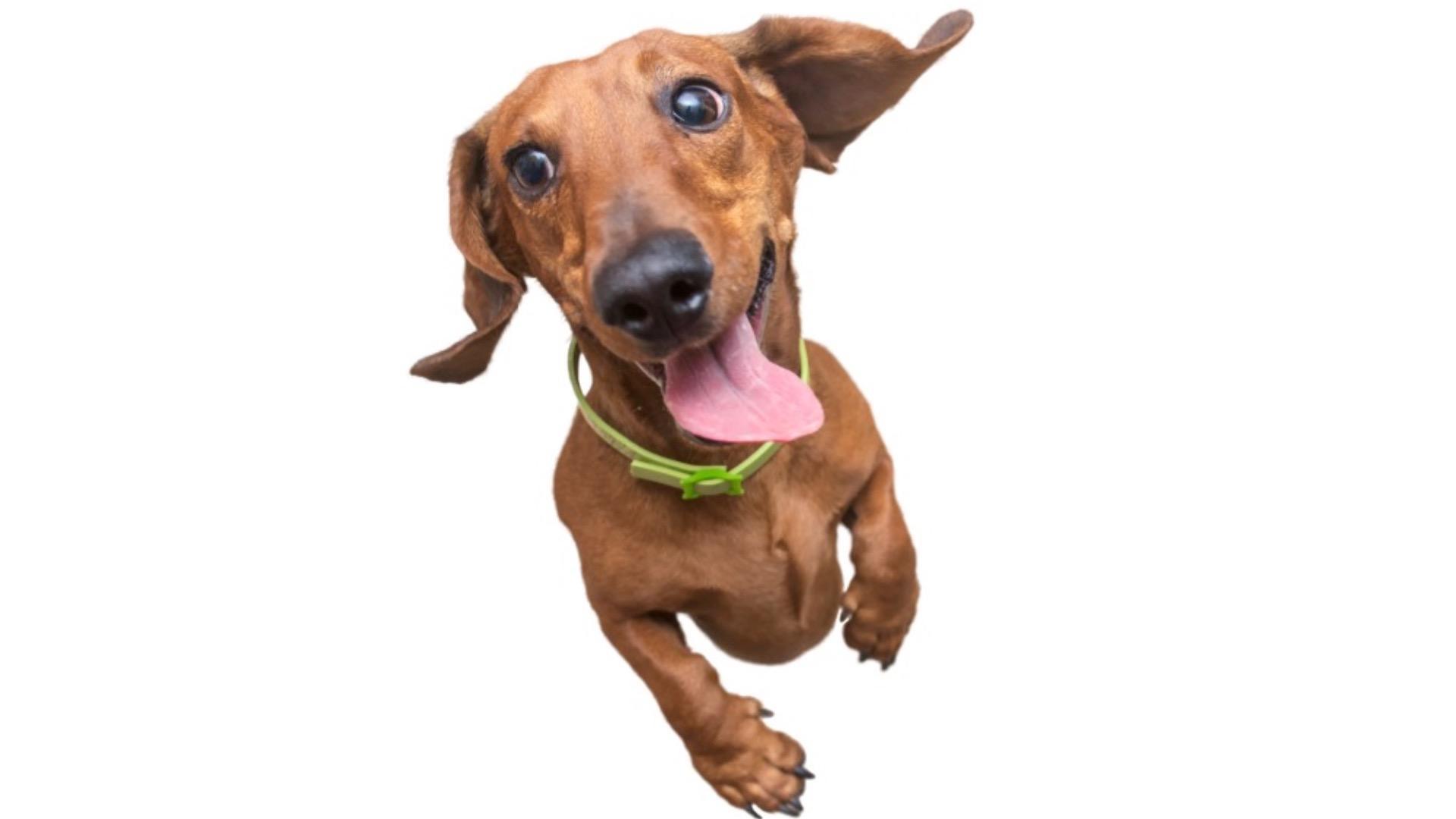We are often told that the best time to learn a new language is when we are young and on the other side of the scale, that we will naturally lose some cognitive ability as we age. These concepts are true, but they also imply that we reach a plateau of learning or functioning, and we then must just wait for it to disappear. For the owner of an ageing dog, this is often a worry.
The million-dollar question on many dog owner’s tongue – can we influence cognitive function as our pet ages, or do we just have to wait for it to “disappear?”
It seems there is in fact some hope in the form of this concept known as neurogenesis.
What is Neurogenesis?
Neurogenesis is the process by which neurons are formed in the brain. Neurons are the fundamental units of the brain and nervous system; they transit information around the body, to other nerve cells, to muscles and even gland cells! Most neurons have a cell body, an axon, and dendrites. In a nutshell, they are crucial to coordinate all the necessary functions of life.
Neurogenesis was thought to only occur in young, developing organisms like babies or puppies. But data is now suggesting that it can in fact continue throughout adult life and even into those senior years.
Why is this important?
Loss of neurons was thought to be irreversible – and the inability to generate replacement cells, quite simply affects functions necessary for life. For decades we saw how neuronal loss was implicated in neurological disease.
One of the particularly interesting parts of the brain to be affected is the hippocampus.
The hippocampus forms part of the emotional control centre known as the limbic system. It is so named due to its shape – it resembles a seahorse. The Greek for horse is
hippos and
kampos meaning sea-monster.
The hippocampus also deals with memory – particularly short-term memory formation. It has a connection with the cortex, which deals with long-term memory and they have this system where the hippocampus transfers information to the cortex. Both are necessary for memory formation, and this is why if there is hippocampal damage, memory loss ensues.
Its other connection is with the amygdala – this is why you may notice how much easier it is to remember things that are emotionally charged, or your dog always remembers that house with the yappy dog at the gate!
The hippocampus therefore plays an important role in learning, whether our puppies and dogs are learning tricks or about the world around them.
But the hippocampus is also involved in control of the HPA axis, which is a key element of the stress response. A well-functioning hippocampus is therefore vital for an appropriate and resilient stress response.
Using Nutrition to Support The Stressed Dog
Stress and the Hippocampus
Unfortunately, there is data that links stress with reduced hippocampal volume. In short,
stress results in a smaller brain.
Stress suppresses neuronal proliferation. This smaller hippocampal volume can impede memory and learning, but also result in lower resilience to stress moving forward, and so the cycle continues.
Luckily, there is evidence we can mitigate this damage.
It seems there is a protein that can defend the hippocampus against shrinkage and support its regrowth and repair. It is known as BDNF (brain derived neurotrophic factor).
One of two neurotrophins, BDNF promotes neuronal survival – it helps neurons grow, mature, and survive. It also increases energy efficiency in the brain. In humans, low levels of BDNF are linked with depression and
in dogs, low levels of BDNF are associated with separation anxiety.
But what’s really nifty is that there are a few things that can boost BDNF levels in the brain:
Exercise:
Study after study have demonstrated that voluntary exercise increases neurogenesis in the brain, particularly in the hippocampus. Regular walks are important for your dog’s well-being, cardiovascular and skeletal health, but they are also a great way to support their brain health. Interestingly, extreme exercise has been associated with impaired cognitive function due to the overload in reactive oxygen species causing oxidative stress – so balance is key!
For that reason, rest is also essential to hippocampal health!
The Importance of Sleep
There is a diurnal rhythm of neurogenesis and as we know, dogs too are diurnal creatures (awake in the daylight and sleep largely at night). It is mainly at night that the hippocampus experiences growth due to the proteins that control the body clock.
Enriched Environment
Novel enrichment activities have been noted to increase BDNF levels in the brain – here we are looking for those new challenges for your dog; appropriately named, brain games. It may be puzzle games, learning new tricks, navigating a new trail or hunting a new treasure (food or toy). The key element here is novelty, whilst there are generalised benefits of prior exposure to a task, there are more significant improvements when it is a new experience.
Boredom is regularly linked with low BDNF levels!
Dog Brain Games
Diet
Last but not least, we are a nutrition page after all, but diet can influence BDNF levels too.
Omega-3 Fatty Acids have been seen to normalise BDNF levels in the brain – they are also thought to be neuroprotective in that they protect neurons from death. Great sources of Omega-3 for the dog include fatty fish like sprats, sardines, mackerel, and salmon.
Essential Fats For My Dog’s Diet
Vitamin B12
When including both omega-3 and Vitamin B12 in the diet, higher levels of BDNF are found in the hippocampus and cortex. Vitamin B12 is a water-soluble vitamin that keeps nerve and blood cells healthy. It is also involved in energy production and more! There are no plant-sources of B12, it is produced in the gut of vegetarian animals, then absorbed into their blood stream, and makes its way around their body. Their tissue then provides B12 to whoever eats it. For that reason, sources of B12 include meat, fish and eggs!
Why Your Dog Needs Vitamin B12
Gut Health
On the subject of the gut, neurogenesis actually depends on a healthy gut. Healthy gut bacteria contained within the microbiome can communicate with the hippocampus via the vagus nerve which links the brain and gut.
We know this because in vagotomised animals (when we sever their vagus nerve), hippocampal neurogenesis stops!
Does My Dog Have a Gut-Brain Axis?
So, maintaining a diverse microbiome is key! We can support the health of the microbiome by offering a diverse diet that meets your dog’s nutritional needs. But we also need to avoid those things that can disrupt the microbial community including:
- Overuse of antibiotics
- Overuse of flea/worm treatments
- Toxic home cleaning products
- Pesticide/herbicide laden food
What Can Cause Gut Dysbiosis?
What Can Help Gut Dysbiosis?
Whilst we’re on the subject of avoiding things that can causes a ruckus, there are of course things that can suppress levels of BDNF in the brain.
Stress
It is important to limit stress triggers for our dogs where possible. Stress literally makes the brain smaller.
Inflammation
A standard immune response, inflammation is a totally normal bodily process. The issue is when it becomes chronic. Reduce exposure to environmental triggers of inflammation (sensitivities or allergies) where possible, the same goes for any foods that are causing an issue. Obesity also predisposes to a pro-inflammatory state – so keep your ageing dog lean!
A Guide to Inflammation in Pets
Air Pollution
Whilst exercise is thought to increase BDNF levels four-fold,
when this exercise is carried out in a heavily polluted area, it can actually shrink the brain! Air pollution is often implicated in neurodegeneration. Try to walk in green spaces where possible – or avoid rush hour walking in the city. Air purifiers are always a great option for the home too!
Does My Pet Need to Detox?
It is true that if you don’t use it, you lose it, but for as long as we’re using our brains, and our dogs are using theirs, we have this process where new neurons
can be grown. Of course, certain lifestyle factors can result in neuronal death and then the inhibition of new growth, but there are some great ways to support brain function, especially in your ageing dog.
If you would like any support with your ageing dog’s journey, then check out our services to see how we can help.
Thanks for reading,
MPN Team



